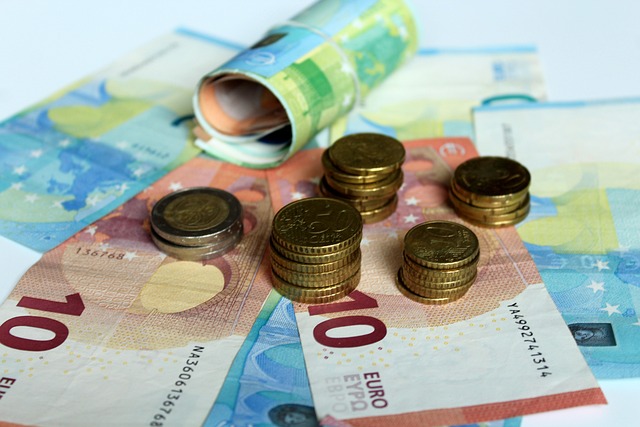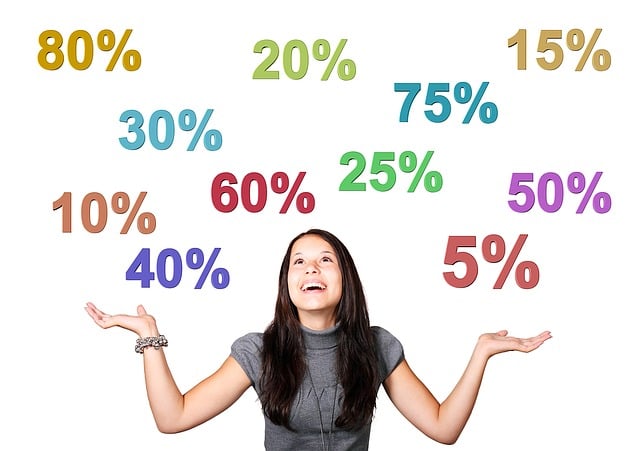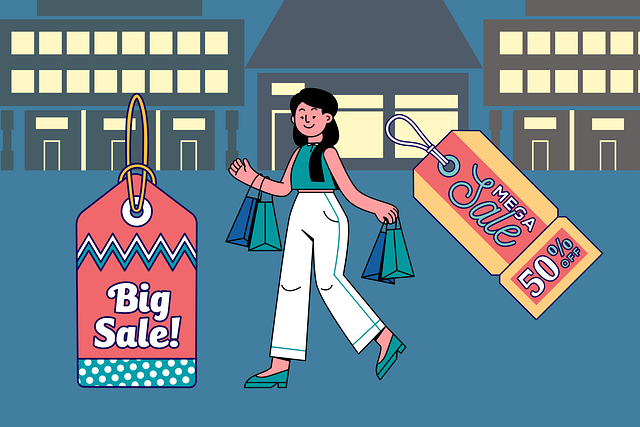
Welcome to the wild world of online marketplaces! It’s like a digital bazaar where you can find anything from vintage vinyl records to the latest tech gadgets. Oh, and don't forget about those beautiful handbags! With that in mind, we need to be aware that lurking in the shadows are crafty scammers ready to pounce. Fear not, dear reader! Here’s your fun-loving guide to outsmarting those pesky fraudsters.
Check the Seller’s Street Cred
Before you hit that “Buy Now” button, do a little detective work of your own. Check the seller’s profile like you’re Nancy Drew, or Sherlock Holmes. Look out for reviews, ratings, and how long they’ve been around. If they’re new or have a sketchy history, it’s a red flag. Trust your gut!
Stick to Secure Payment Methods
Think of secure payment methods as your trusty sidekick. PayPal, on-platform credit card transactions, and other secure on-platform methods are your best friends. Avoid direct bank transfers or sending money via gift cards. If a seller insists on these, it’s a scam alert! Especially avoid off-platform transactions.
Keep Transactions On the Marketplace
This is important enough to go over it again and again. No matter which platform you use for online shopping, always keep your transactions and communications ON platform! If you encounter someone asking you to take the business off platform, that is a major red flag! It's also against most online marketplace's terms and conditions.
Too Good to Be True? It Probably Is!
We all love a good deal, but if the price is unbelievably low, it’s very likely a scam. Do a quick price check to see if it’s reasonable. Check the seller's history. Take an extra minute or two to do a little more research, before hitting that buy button. Remember, if it sounds too good to be true, it probably is!
Take Care of Your Personal Info
Keep your personal info under lock and key. Never share your personal details like home address, phone number, or banking and financial information with users that are not affiliated with the marketplace. Scammers can use this info for all sorts of nefarious deeds. Stay safe and stay mysterious when
Spot the Red Flags
Be on the lookout for common scam tactics. We have detailed some of these tactics in previous posts and you can also find out more about these types of tactics on Youtube and Reddit. A few of these include, continued requests to move the conversation off the platform, overpayment scams, or asking for verification codes and they are all big no-nos. If something feels off, walk away.
Enable Two-Factor Authentication (2FA)
Two factor authentication is the process of using an extra device or utility in addition to logging in with your username and password. Most common methods include sending a verification text to your phone, or a verification email to your inbox. Add an extra layer of security with 2FA. It’s like having a bouncer for your online accounts. This makes it much harder for scammers to break in.
Report Suspicious Activity
See something—say something! If you feel like you've encountered a scam, report it! Let the platform know about it. If you've been the victim of a scam, you should definitely let the authorities know. You’ll be a hero, potentially saving others from falling into the same trap.
Stay savvy, stay safe, and happy shopping!







